Introduction
In South Africa's political landscape, a disturbing incident has surfaced, drawing sharp criticism and igniting a call for stricter measures against racism. Renaldo Gouws, a Member of Parliament (MP) from the Democratic Alliance (DA), was suspended following the emergence of a deeply troubling video from several years ago. The footage, which circulated rapidly across social media platforms, depicted Gouws engaging in a racist tirade, including calling for violence against black individuals and using derogatory racial slurs.
The Video and Its Context
The controversial video was an impassioned response to Economic Freedom Fighters (EFF) leader Julius Malema's rendition of the Struggle song 'Shoot the Boer'. While the Supreme Court of Appeal ruled that Malema's singing did not constitute hate speech, Gouws's recorded response went far beyond the bounds of acceptable political discourse. His incendiary comments, advocating for the killing of black people, struck a nerve nationwide and raised urgent questions about racism within political spheres.
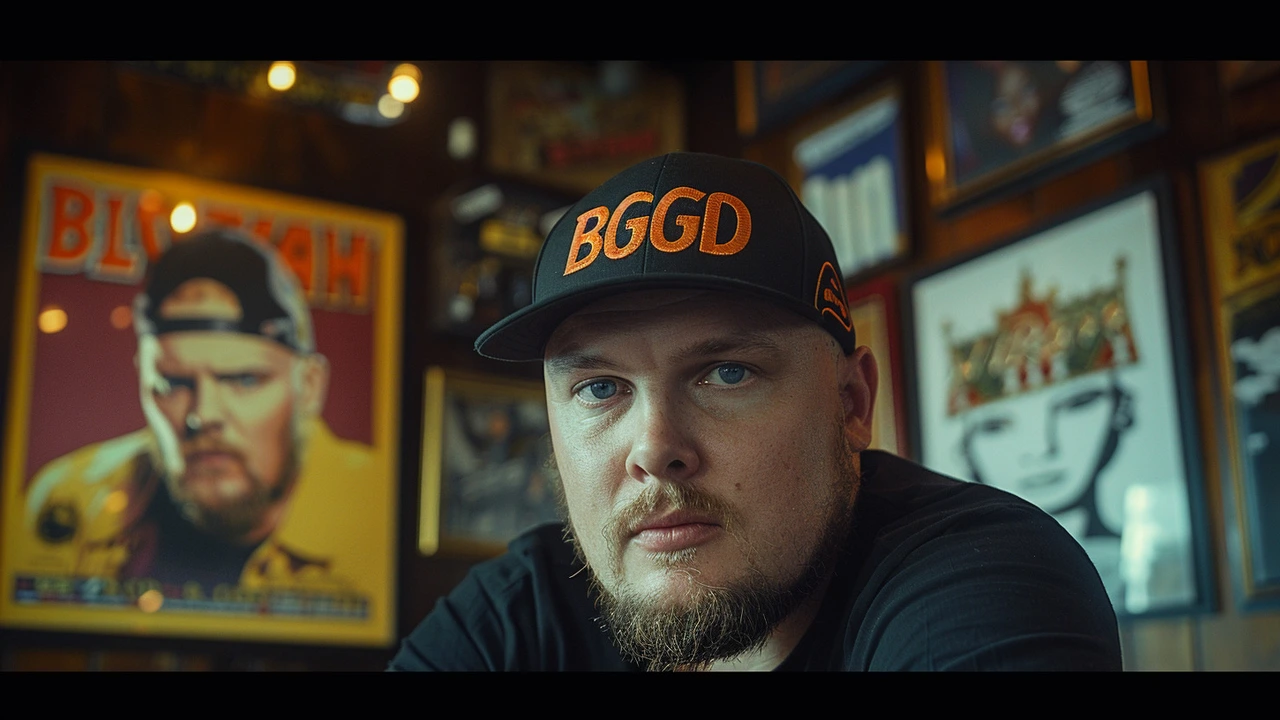
DA's Response and Public Outcry
The Democratic Alliance acted swiftly by suspending Gouws. However, the public's reaction has been one of outrage and disappointment, particularly with the DA's previous oversight in failing to vet Gouws thoroughly before entrusting him with substantial power. Allowing someone with such toxic and repugnant views to take an oath to uphold the constitution has been deemed unacceptable, raising concerns about the integrity of the party's selection process.
Calls for Criminal Charges
Mere suspension is not enough for many citizens and activists who demand further action. The South African Human Rights Commission has initiated efforts to bring Gouws before the Equality Court, but there is a widespread consensus that he must face criminal charges. Stripping Gouws of his MP privileges is seen as an essential step toward justice and accountability. Tackling racism requires robust legal and political measures, ensuring that those who promote hate speech and violence do not escape unscathed.
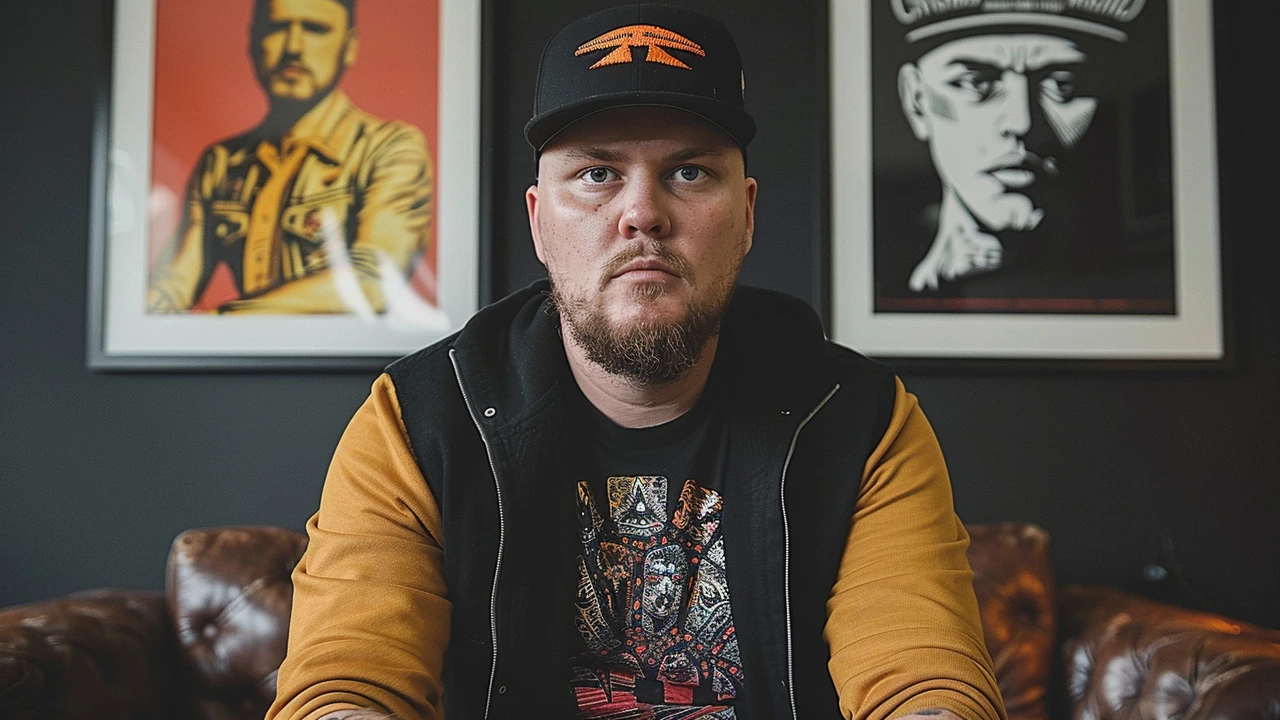
The Broader Implications of Racism
Racism, as evidenced by this case, continues to be a pervasive issue in South Africa. The country, still grappling with the legacy of apartheid, must confront racism with unequivocal resolve. Societal and governmental structures need to be scrutinized, and accountability must be demanded both from individuals and the organizations that enable racists to thrive. Beyond individual responsibility, the DA as an institution must engage in introspection and reform to prevent similar incidents from occurring in the future.
Conclusion: A Call for Unity and Justice
As a nation, South Africa must stand united against racism in all its forms. The condemnation of Renaldo Gouws's actions and the demand for strong punitive measures signal an essential step toward eradicating hate. Justice must serve as a deterrent, reinforcing that such abhorrent views have no place in society or politics. Striving for a country free from racial hatred and division remains a collective responsibility, requiring ongoing effort and unwavering commitment.
The case of Renaldo Gouws is a stark reminder of the work still needed to ensure that racist ideologies do not find a foothold in South African society. Holding racists accountable, reforming organizational vetting processes, and promoting unity are crucial steps in this ongoing battle. Together, South Africans can build a more inclusive and equitable future.
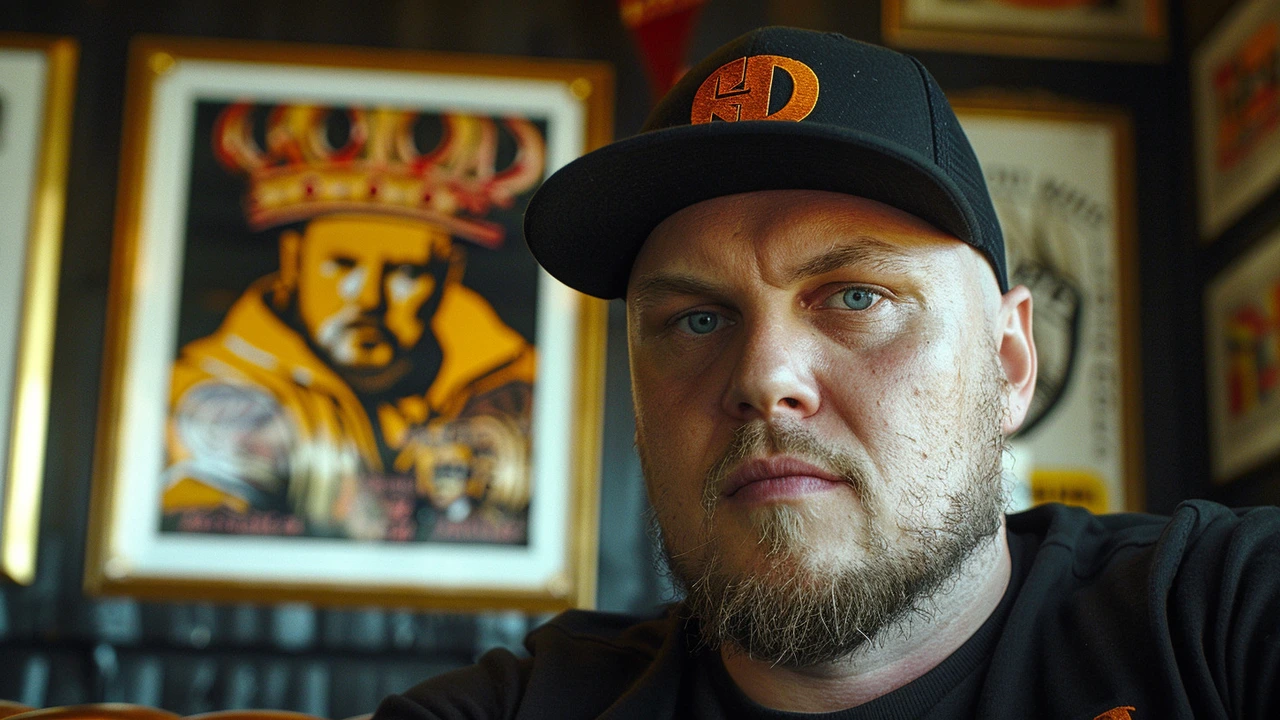

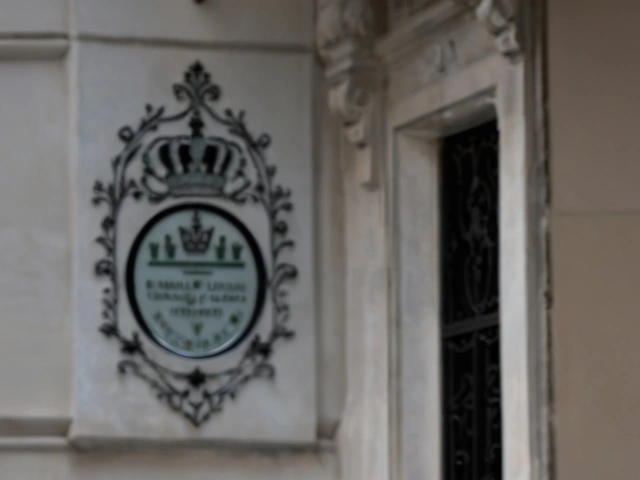
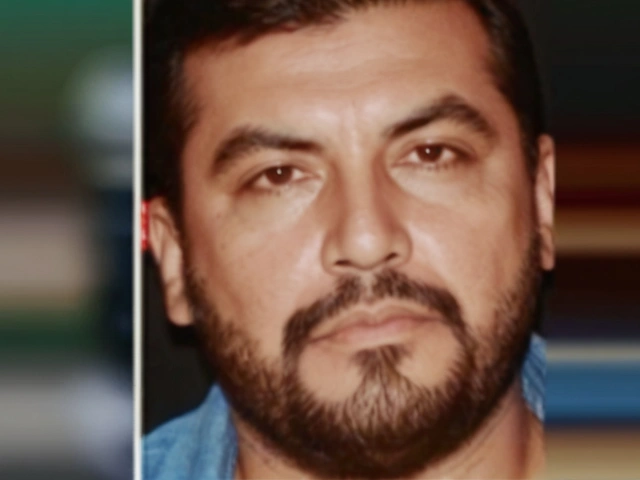
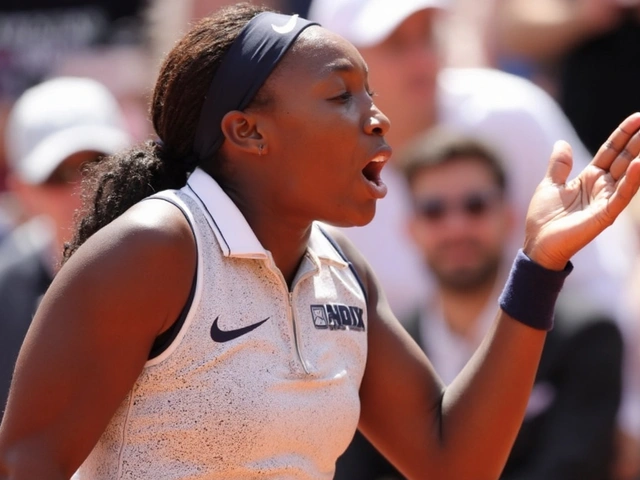
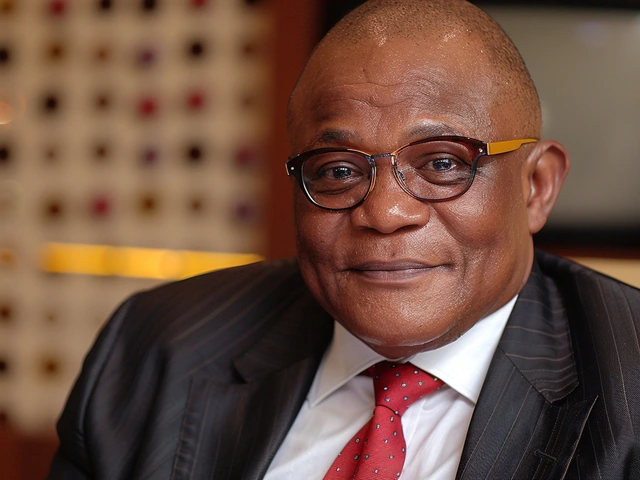
Naveen Kumar Lokanatha
June 21, 2024 AT 21:00The incident highlights how crucial thorough candidate screening is for any political party.
Alastair Moreton
June 21, 2024 AT 22:00Wow, the DA finally decided to toss out a man who was basically a walking manifesto of hate – guess they realized you can’t hide blatant racism behind a party badge. It’s a classic case of “oops, we missed the red flag” that should've been spotted years ago. Their delayed reaction only fuels public distrust, and the damage to their credibility is pretty evident now.
Surya Shrestha
June 21, 2024 AT 23:23The revelation of Renaldo Gouws’ extremist rhetoric serves as a stark reminder of the latent perils that afflict democratic institutions when vigilance wanes.
Historically, political parties have prided themselves on the pretense of moral authority, yet the infiltration of overtly racist actors betrays an unsettling complacency.
In the South African context, where the shadows of apartheid continue to loom over socio‑political discourse, such manifestos cannot be dismissed as isolated aberrations.
The Democratic Alliance’s decision to suspend the MP, while ostensibly decisive, must be evaluated against the broader imperative of systemic reform.
A mere suspension, devoid of transparent investigative mechanisms, risks being perceived as a performative gesture rather than a substantive corrective measure.
Consequently, the party should institute an independent vetting commission, equipped with the authority to scrutinise candidates’ historical statements and affiliations.
Such a body would not only mitigate future occurrences but also restore public confidence in the party’s commitment to constitutional values.
Moreover, legislative frameworks ought to be amended to impose criminal liability on individuals who publicly incite violence on the basis of race.
The Equality Court, while a pivotal institution, must be complemented by robust criminal statutes that preclude the exploitation of legal loopholes.
Civil society organisations, too, bear a responsibility to monitor and report incendiary rhetoric, thereby fostering a culture of accountability.
Educational curricula should incorporate comprehensive modules on hate speech, ensuring that younger generations are equipped with the analytical tools to discern and repudiate extremist narratives.
Media outlets must exercise judicious reporting, eschewing sensationalism in favor of contextual analysis that elucidates the societal ramifications of such discourse.
International observers, recognizing the global dimension of racism, can offer best‑practice guidelines to bolster domestic anti‑racist initiatives.
Ultimately, the convergence of legislative action, party reform, civil vigilance, and educational outreach constitutes the multifaceted strategy required to eradicate the spectre of racial hatred from public office.
Only through sustained, coordinated effort can South Africa fulfill the constitutional promise of equality and prevent the resurgence of intolerant ideologies within its political arena.
Rahul kumar
June 22, 2024 AT 00:46Yo, the DA needs a full‑on clean‑up of its candidate pipeline – no more letting people with hate talk slip through. A quick background check isn’t enough; they should run a full digital audit, includin social media histories. If they catch these red flags early, the party saves itself from this huge backlash. Plus, a transparent public report would show they’re actually takin it seriously.
mary oconnell
June 22, 2024 AT 02:10From a sociopolitical systems theory perspective, the Gouws incident functions as a feedback loop that amplifies existing structural inequities; it’s a classic case of the system self‑inflicting pathology. One could argue that the party’s delayed response merely mirrors the inertia inherent in many bureaucracies, which often prioritize self‑preservation over ethical recalibration. The irony, of course, lies in the fact that the very mechanisms designed to safeguard democratic integrity become complicit when they fail to act decisively. Hence, the call for accountability is not merely rhetorical-it is a prerequisite for any meaningful institutional reform.
Michael Laffitte
June 22, 2024 AT 03:33Totally feel you on the “red flag” vibe, Alastair – it’s like they were driving blindfolded into a storm. The optics are terrible, and the damage to trust isn’t something you can patch with a quick press release.
sahil jain
June 22, 2024 AT 04:56Hey folks, let’s channel this outrage into concrete action – push for stricter laws, demand transparent investigations, and keep the pressure on the DA until they prove they’ve learned their lesson. Together we can make sure hate never gets a seat at the table. 💪
Bruce Moncrieff
June 22, 2024 AT 06:20Mary, your systems‑theory lens really drills down to why the party’s inertia persists; it’s a classic case of institutional lag. If we want real change, we need to rewrite those feedback loops with accountability checkpoints at every stage.
Dee Boyd
June 22, 2024 AT 07:43The moral calculus here is unmistakable: a public figure espousing violence against a racial group violates the foundational ethical code of any civilised polity, and any tolerance of such rhetoric erodes the rule of law.
Carol Wild
June 22, 2024 AT 09:06One cannot help but suspect that the media’s sudden spotlight on Gouws is part of a broader orchestrated narrative aimed at destabilising the opposition’s base; after all, the timing aligns suspiciously with upcoming electoral cycles. It appears as though certain power brokers are leveraging this scandal to sow dissent and manipulate public sentiment, masquerading as champions of justice while pursuing hidden agendas. The intricate interplay between political maneuvering and social media amplification creates a vortex that obscures genuine accountability. Nonetheless, regardless of any alleged machinations, the core issue remains: incendiary hate speech must be unequivocally condemned and legally addressed.
Rahul Sharma
June 22, 2024 AT 10:30Rahul, your call for an independent vetting commission echoes the recommendations laid out in the long‑form analysis, and I concur that such an institution could serve as a pivotal safeguard against future infractions.
Emily Kadanec
June 22, 2024 AT 11:53Honestly, it’s pretty clear that any party that lets someone like Gouws rise to MP status has serious flaws in its recruitment process.